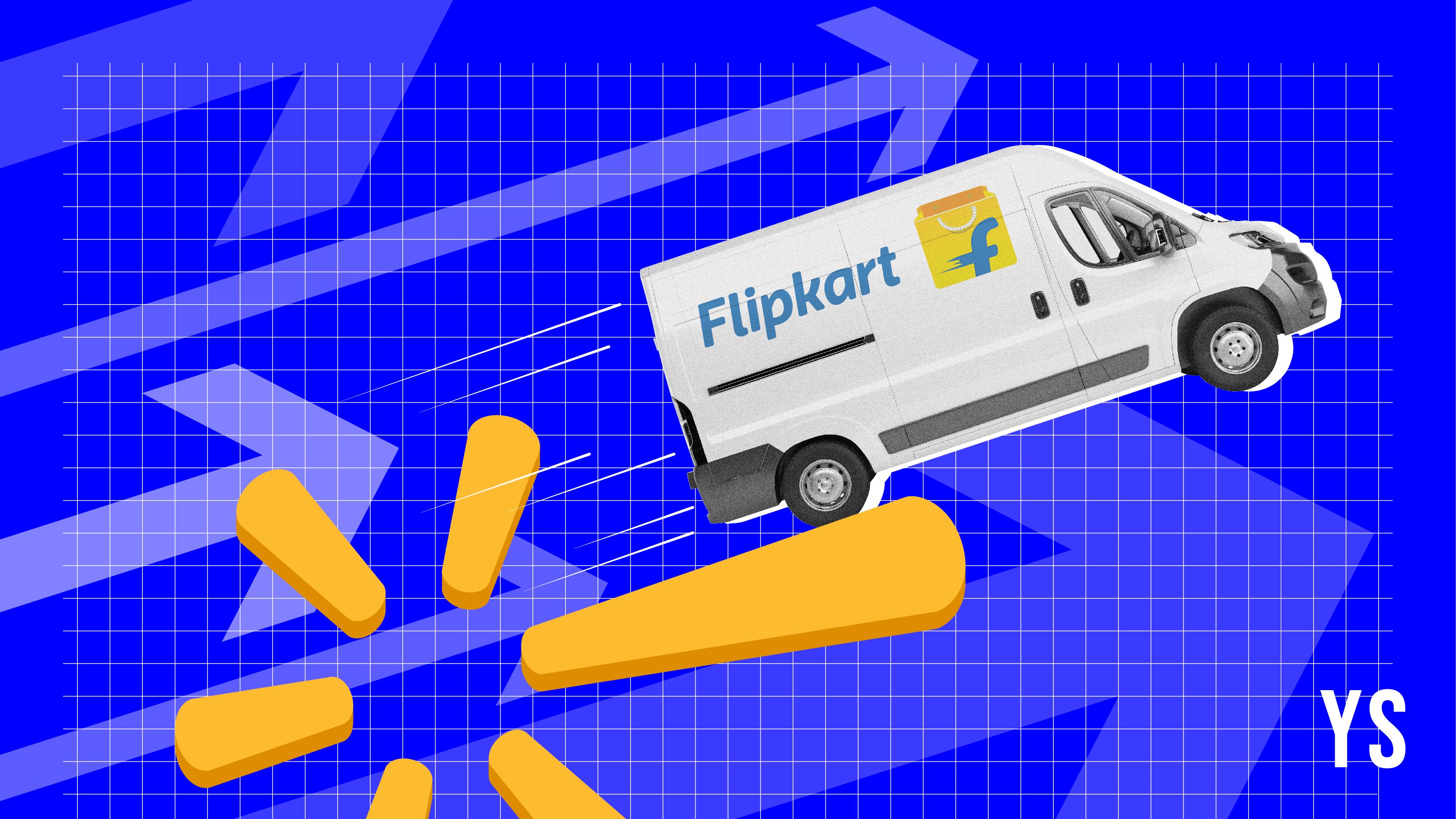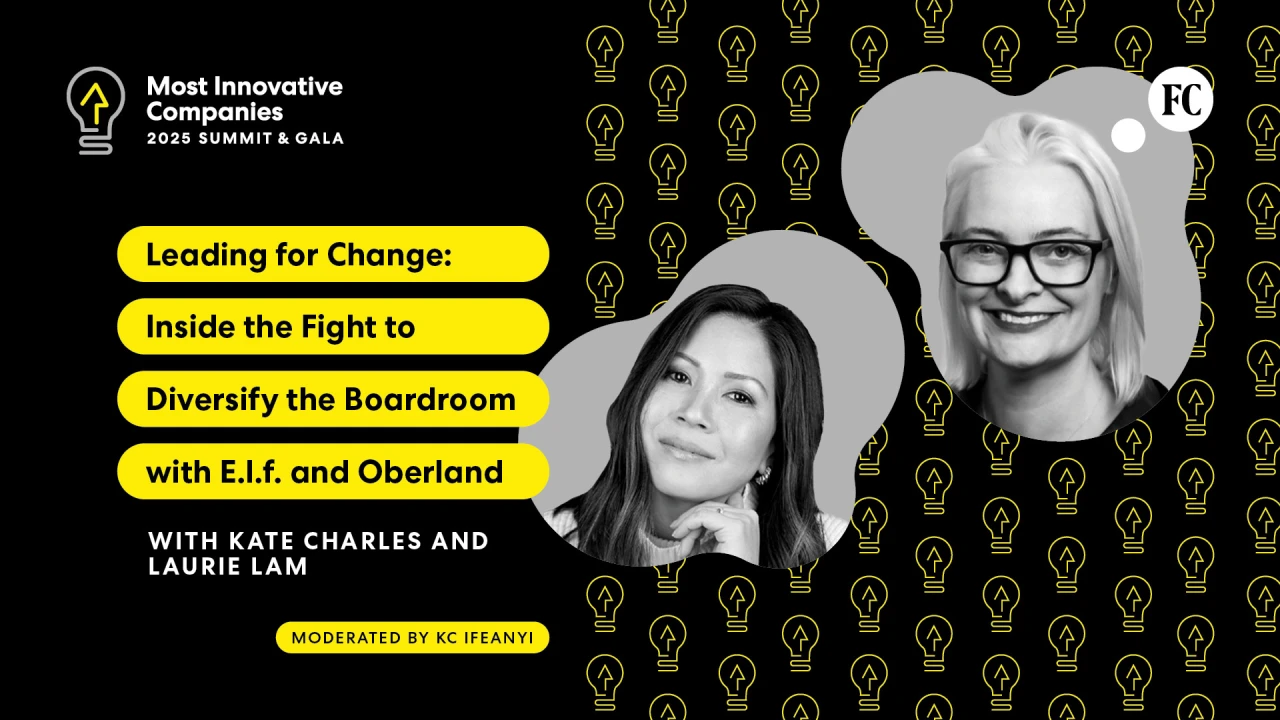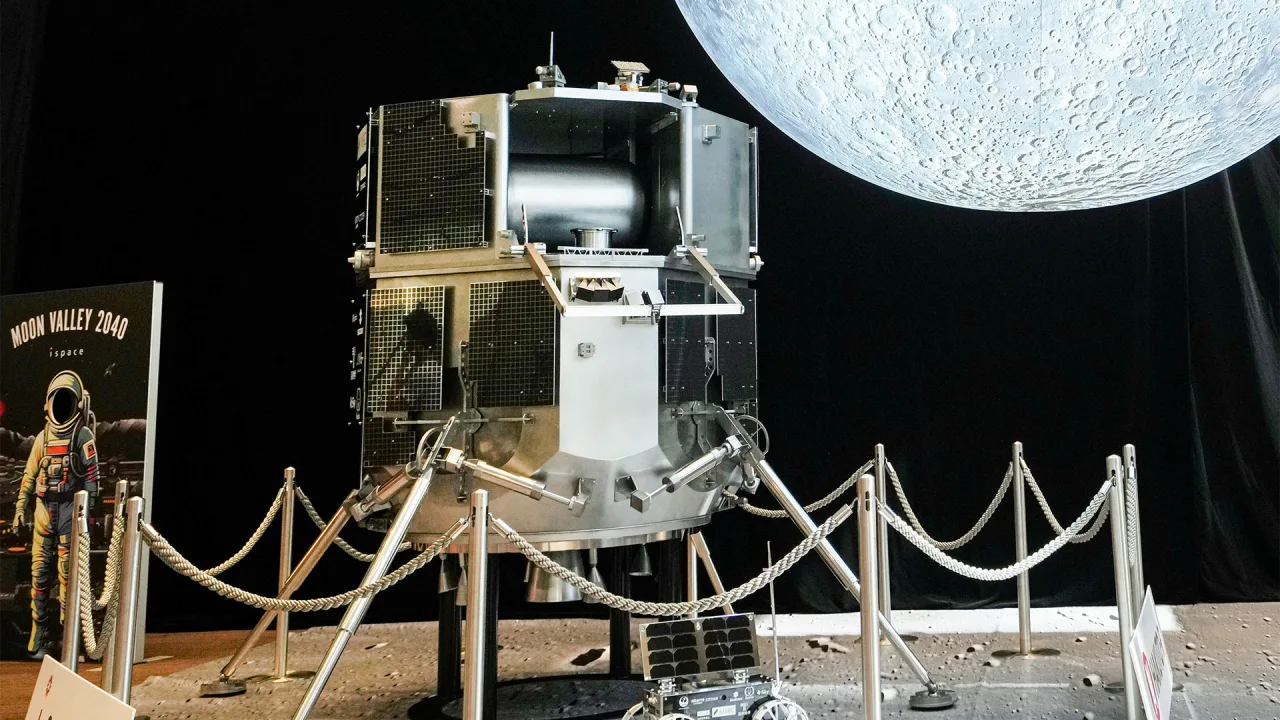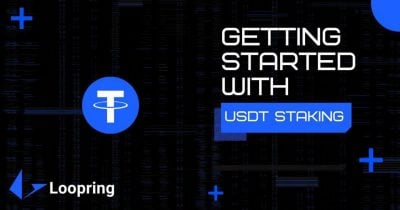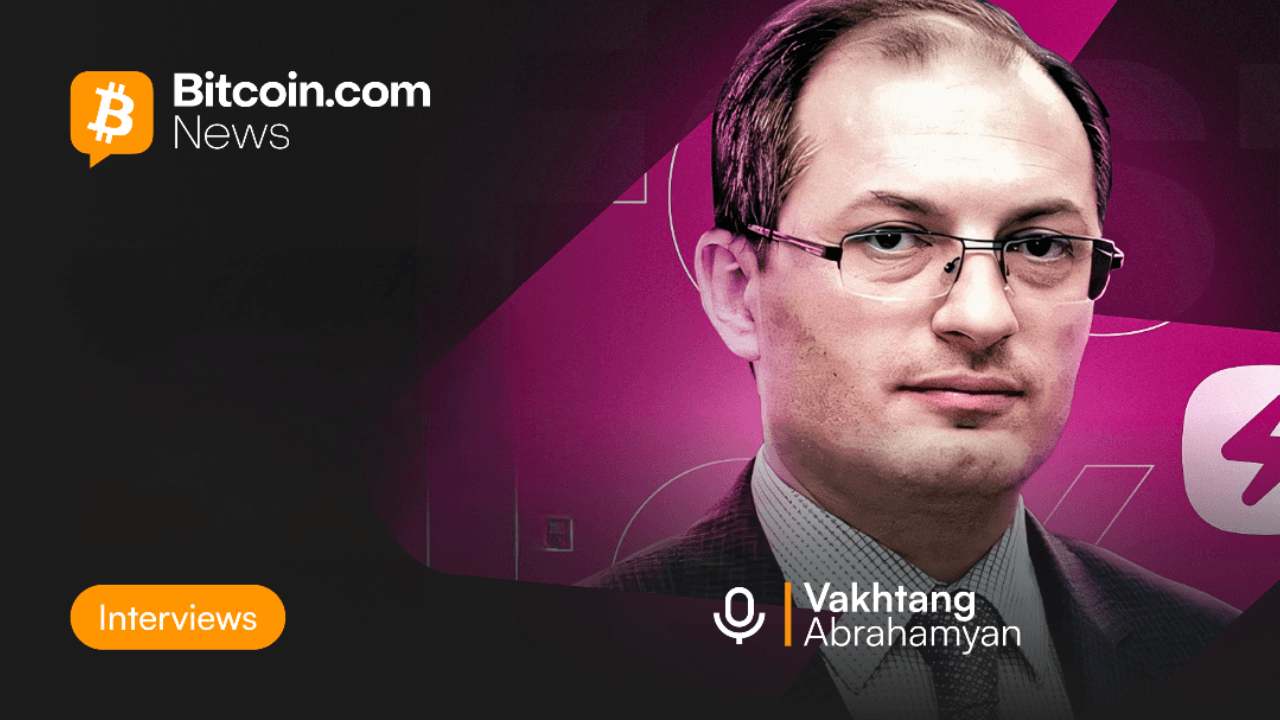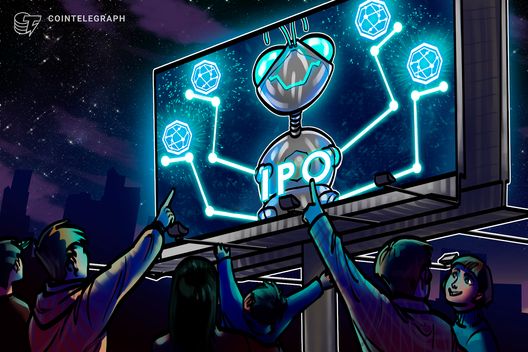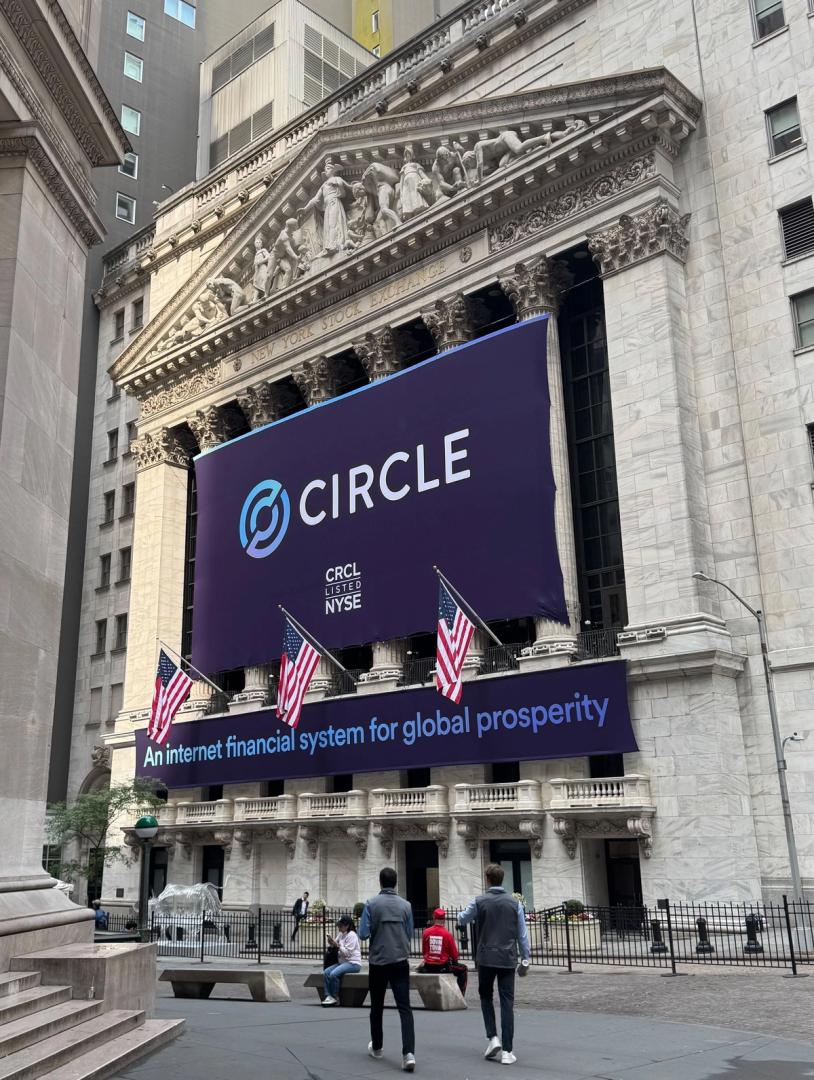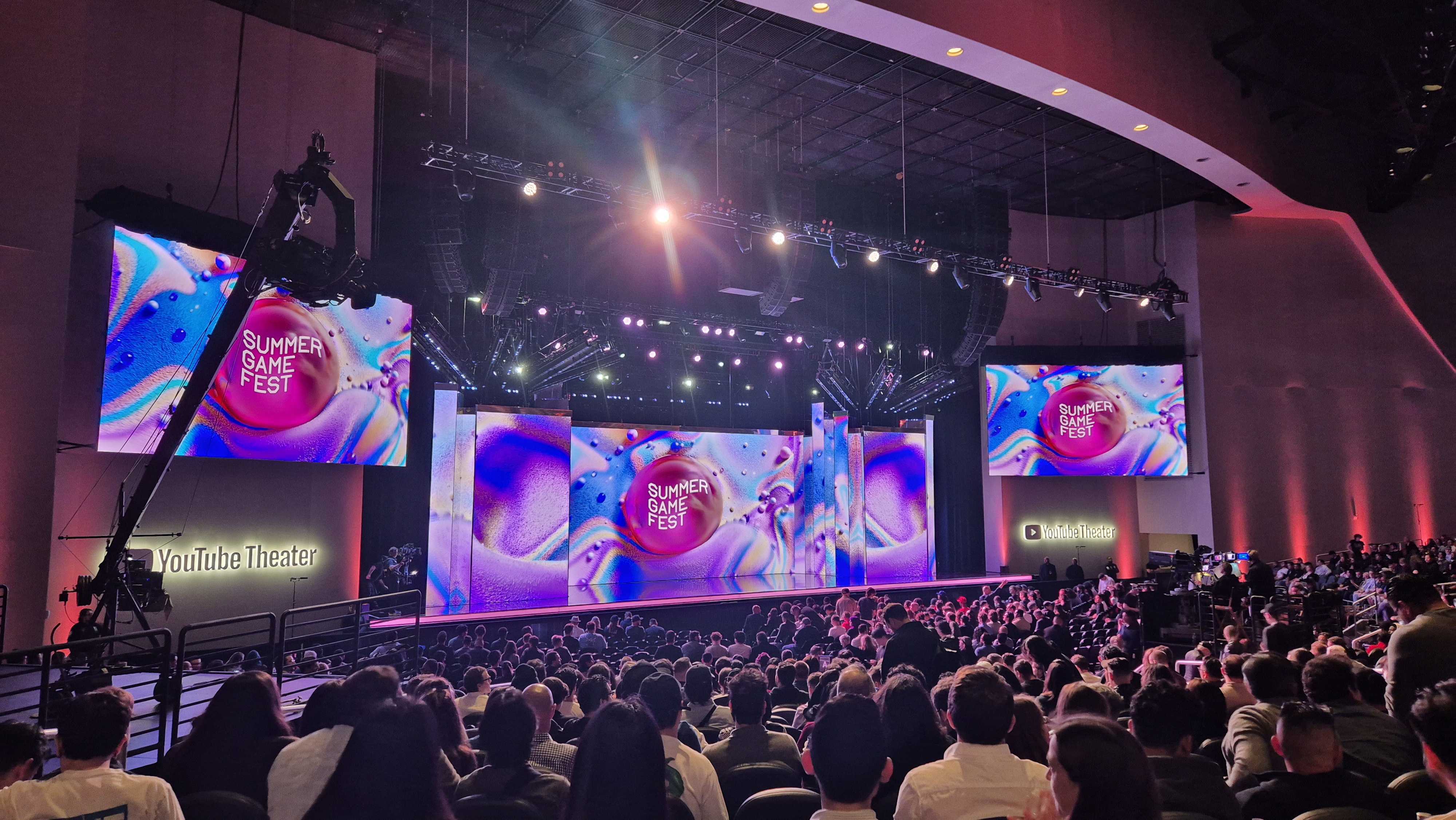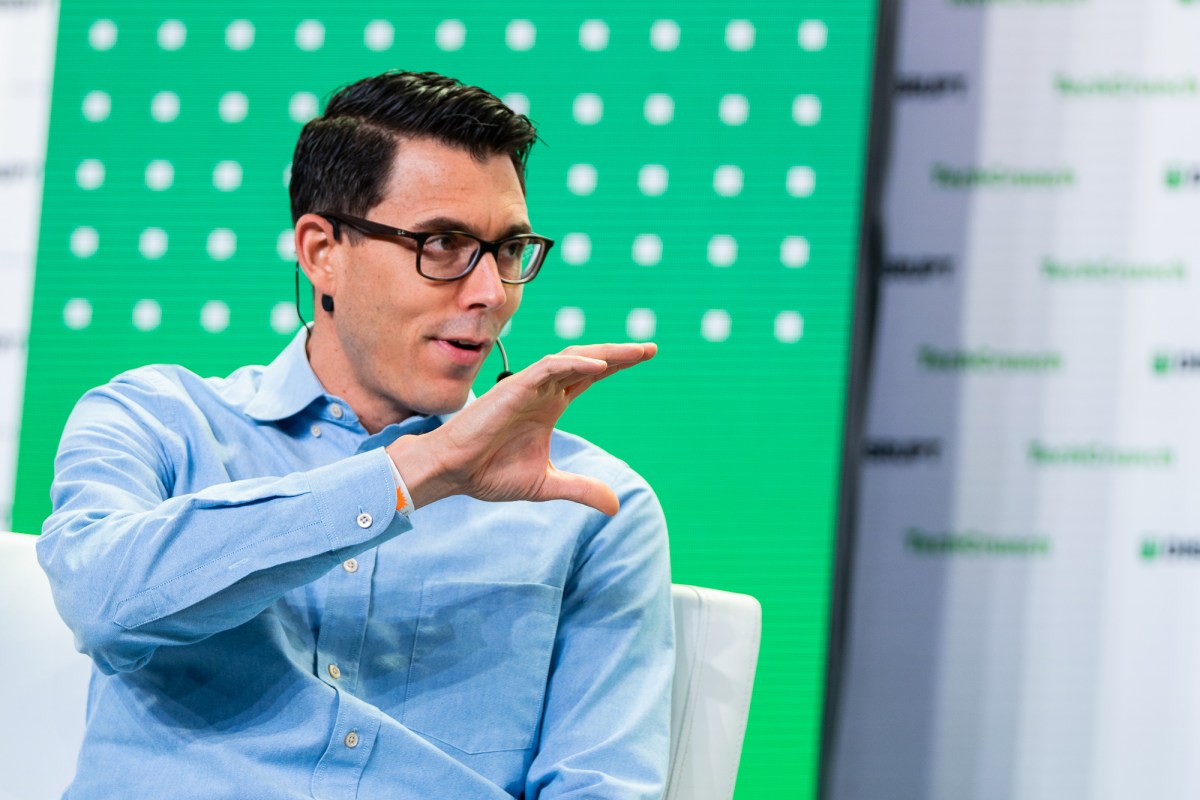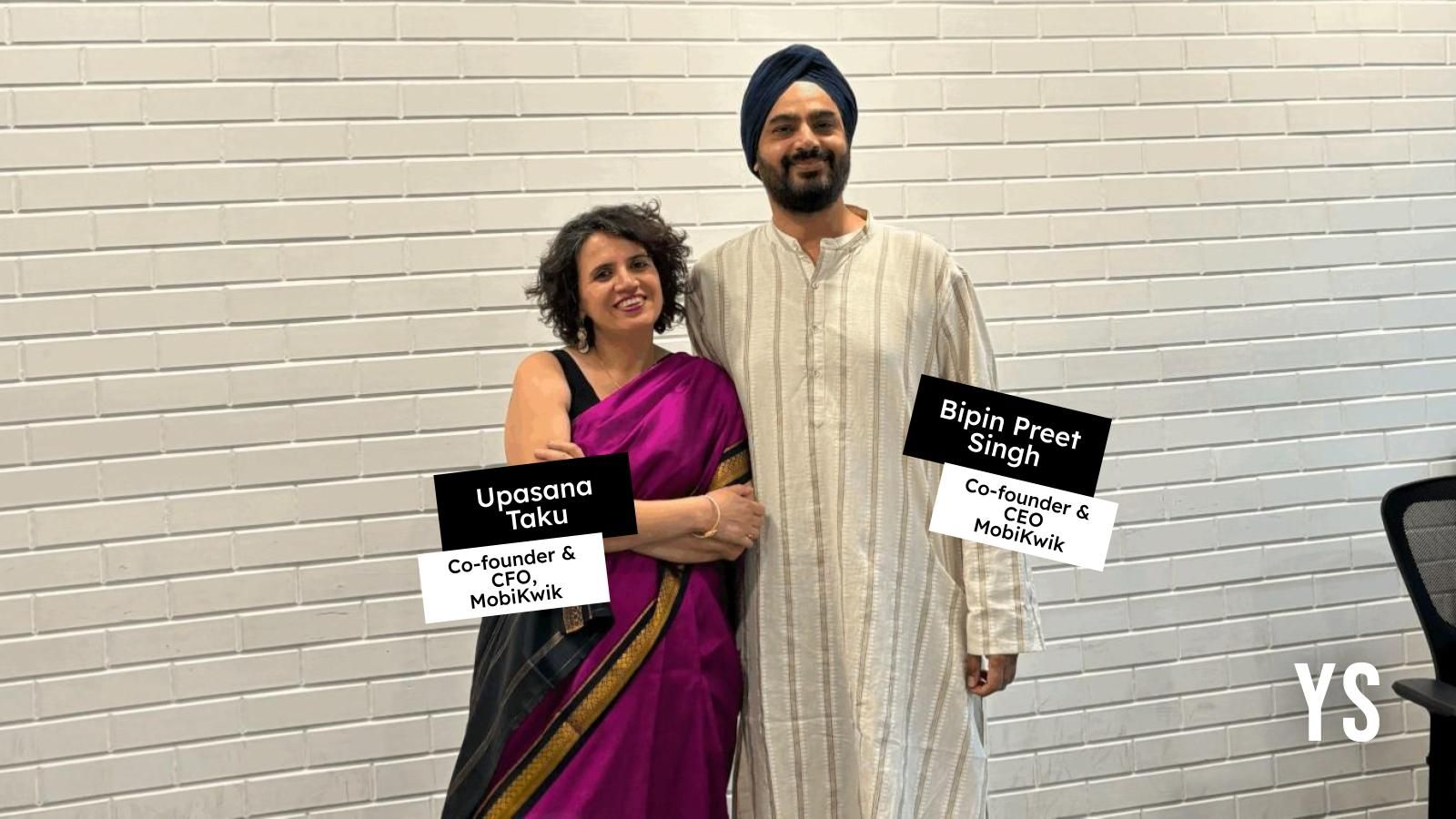5 consulting giants that built their own AI to stay ahead
Top consulting firms like McKinsey, BCG, and Deloitte are turning to AI tools to streamline research, reduce costs, and boost efficiency.


As artificial intelligence (AI) continues to reshape industries, leading consulting firms like McKinsey & Company, Boston Consulting Group (BCG), Deloitte, KPMG, and PwC are at the forefront of integrating AI tools into their operations. These advancements aim to enhance efficiency, reduce costs, and redefine the consulting landscape.
McKinsey's AI integration: Lilli and Beyond
McKinsey has developed an in-house generative AI chatbot named Lilli, which synthesises the firm's extensive knowledge base, including over 100,000 documents and interviews spanning a century. Since its rollout in 2023, Lilli has seen widespread adoption, with over 70% of McKinsey's 45,000 employees utilising it approximately 17 times a week. The tool assists in research, document summarisation, data analysis, and brainstorming, reportedly saving consultants up to 30% of their time
BCG's Deckster and GENE: Enhancing productivity
BCG has introduced Deckster, a slideshow editor trained on 800 to 900 slide templates, aiding consultants in creating presentations efficiently. Approximately 40% of associates use Deckster weekly. Additionally, BCG has developed GENE, a conversational chatbot built on GPT-4o, serving as a brainstorming partner and content creator. These tools aim to reduce mundane tasks, allowing consultants to focus on higher-value activities.
Deloitte's Zora AI and sidekick: Streamlining operations
Deloitte has invested significantly in AI, unveiling Zora AI, a suite of AI agents trained in specific subjects like finance and marketing. These agents are designed to think like humans, enhancing productivity and transforming business operations. Additionally, Deloitte has developed Sidekick, an internal ChatGPT alternative used for summarising documents, brainstorming, editing emails, and coding.
KPMG and PwC: Embracing agentic AI
KPMG has adopted a two-pronged approach to AI adoption, encouraging both top-down and bottom-up integration. The firm has partnered with Google Cloud to implement Agentspace, a platform integrating AI agents with company data. PwC has introduced agent OS, centralising over 250 internal AI agents developed in the past 18 months. These initiatives aim to enhance operational efficiency and foster collaboration among AI tools.
Challenges and considerations
While AI integration offers numerous benefits, it also presents challenges. Concerns about data security have led firms like Deloitte to restrict the use of external AI tools, requiring internal development in secure environments. Additionally, the rapid adoption of AI necessitates continuous training and adaptation among employees to effectively leverage these technologies.




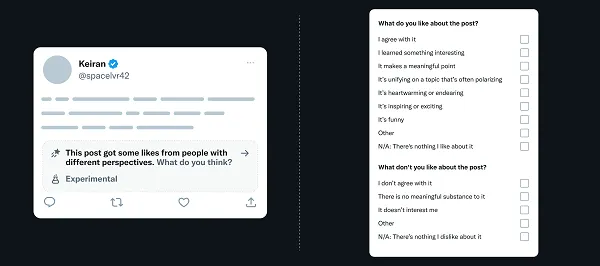

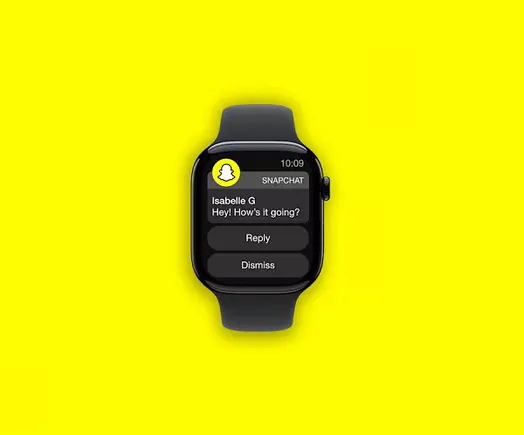





































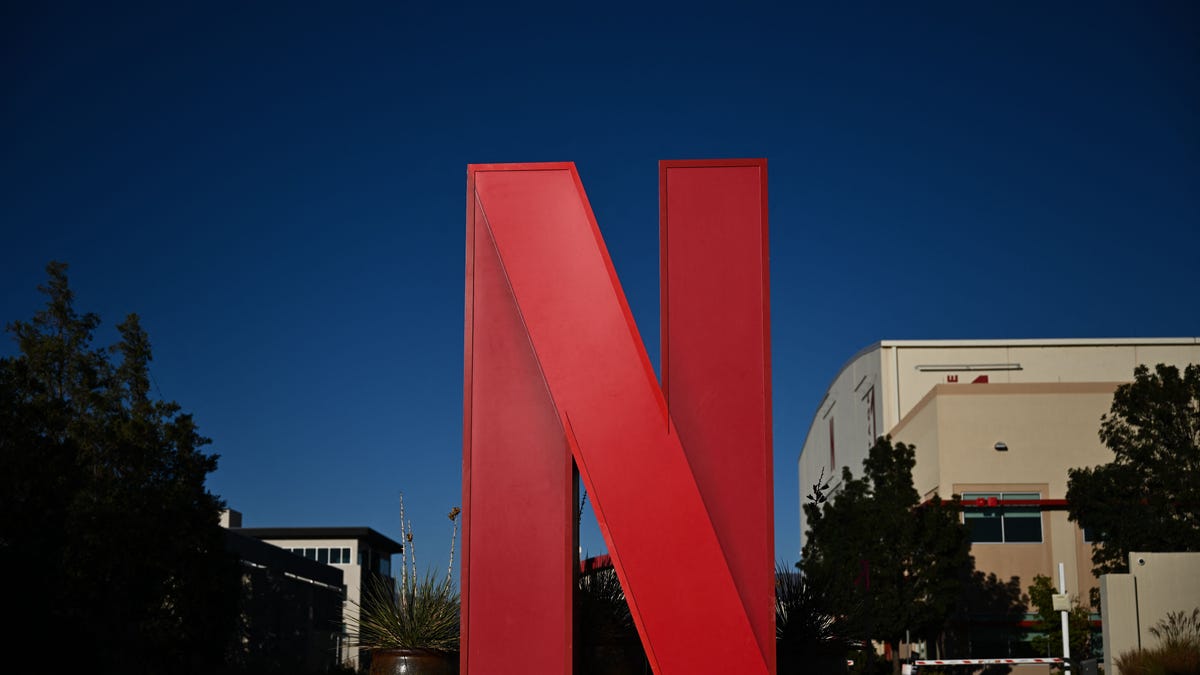






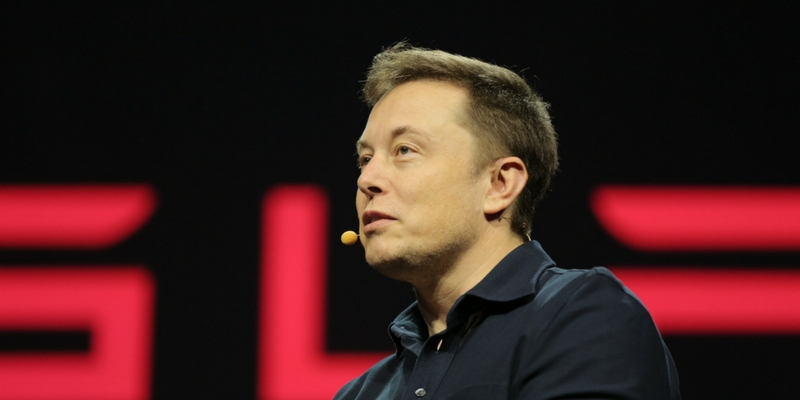
![[Weekly funding roundup May 31-June 6] VC inflow continues to remain stable](https://images.yourstory.com/cs/2/220356402d6d11e9aa979329348d4c3e/WeeklyFundingRoundupNewLogo1-1739546168054.jpg)
